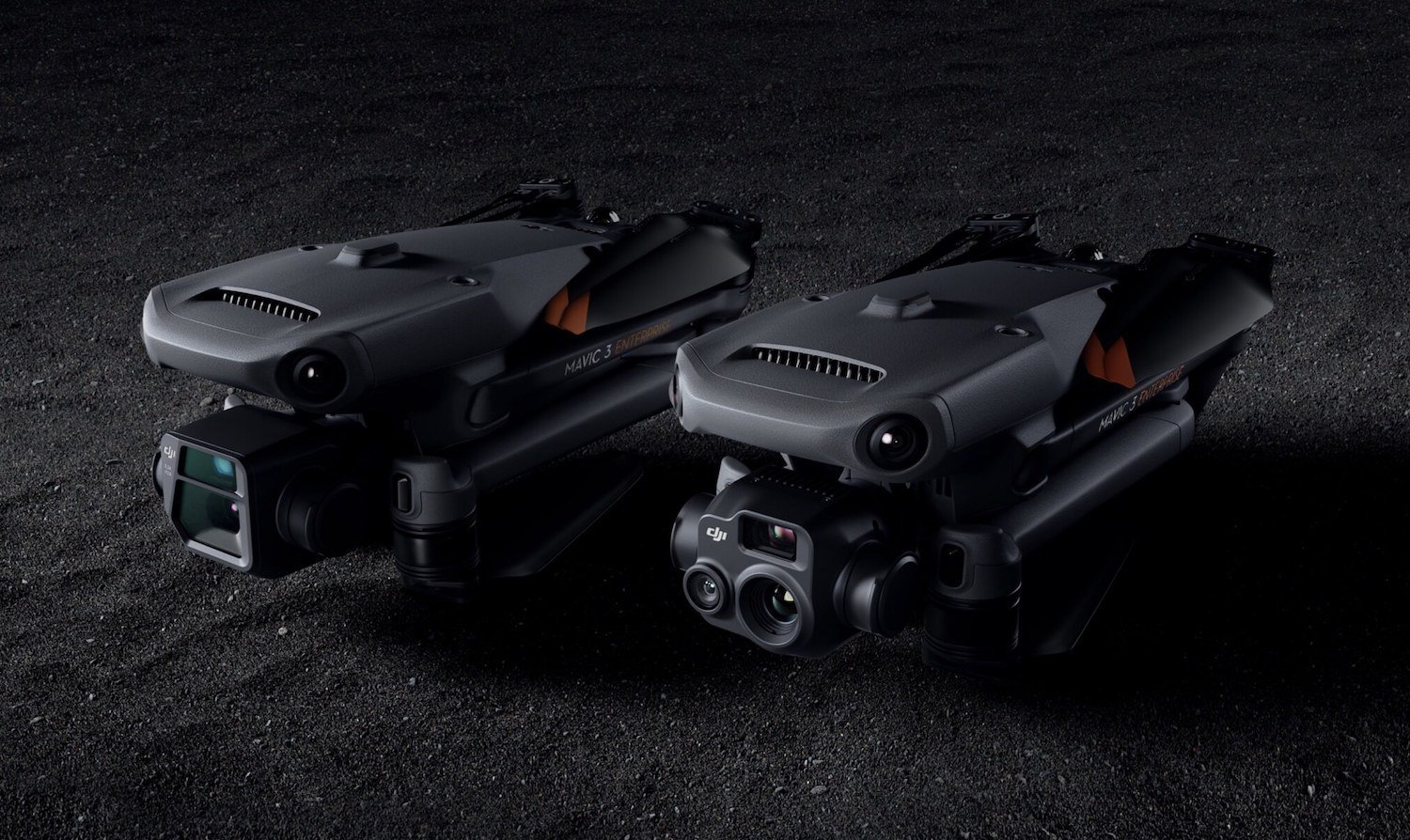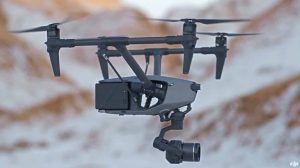In a bid to maintain its foothold in the American market, leading Chinese drone manufacturer DJI forges partnerships and licensing deals with U.S.-based companies. This move comes as lawmakers push for legislation to ban Chinese-made drones from entering the United States due to national security concerns.
DJI Partners with Anzu Robotics
DJI, which controls around 70% of the global commercial drone market and 80% of the U.S. market, has partnered with Anzu Robotics to license its technology for sale in the American market. In a conversation with The Hill, Randall Warnas, founder of Anzu Robotics and former DJI employee, confirmed the licensing agreement, stating that it was necessary to meet the changing “tide” of the moment.

Cogito Tech Registers with FCC
Hong Kong-based Cogito Tech Company Limited registered through the Federal Communications Commission (FCC) in August 2023 to sell drones in the United States. Experts note that two of its approved products, the Specta Air and Specta Mini, are nearly identical to DJI’s drones.
Interestingly, according to The Hill, Cogito denies any connection with DJI, with a spokesperson stating,
“SPECTA is a proud independent innovator in the industry and has no relationship with other Drone Companies.”

Congressional Action Against Chinese Drones
Rep. Elise Stefanik (R-N.Y.) and Sen. Marco Rubio (R-Fla.) are leading the charge against Chinese drones in Congress. Stefanik has sponsored the Countering CCP Drones Act and the Drones for First Responders Act, which aim to ban DJI and impose tariffs on Chinese drones.
Rubio has made his stance clear, stating, “Any drone affiliated with the Chinese Communist Party should be on the Federal Communications Commission Covered List, regardless of which brand name it is sold under.”
Concerns Over Data Collection and National Security
The main concern surrounding Chinese drones is data collection, as they can actively gather information during flights. This has led to bans on Chinese-produced drones by state agencies in seven states. DJI and Autel have also been criticized for their links to the Chinese Communist Party, China’s military, and their involvement in human rights abuses against the Uyghur population.
Impact on Consumers and U.S. Drone Industry
A blanket ban on Chinese drones could negatively impact consumers, law enforcement agencies, and fire departments that rely on affordable commercial drones. Haye Kesteloo, who founded DroneXL.co, believes that national security threats should be addressed, but not through a country-of-origin ban.
“They’re using the threats of cybersecurity to go after Chinese-made drones. I think that is wrong if you use it in a way to eliminate competition,” he explained to The Hill.
Stefanik’s legislation also seeks to support the struggling U.S. commercial Drone Industry by providing grant money to certain U.S. customers for purchasing secure drones. Michael Robbins, president and CEO of the Association for Uncrewed Vehicle Systems International (AUVSI), supports reasonable timelines for moving away from Chinese drones and creating demand for non-Chinese alternatives.

DroneXL’s Take
The moves by Chinese drone maker DJI to circumvent potential U.S. bans through partnerships and licensing deals highlight the complexities of the global drone market. While national security concerns are valid, it is crucial to strike a balance between addressing these issues and fostering competition and innovation in the industry.
A blanket ban on Chinese drones based solely on country of origin could have unintended consequences, such as limiting consumer choice and hindering the work of First Responders who rely on affordable, high-quality drones. Instead, a more nuanced approach that focuses on Data Security and promoting the growth of the domestic drone industry may be more effective in the long run.
As the situation continues to evolve, DroneXL.co will keep a close eye on developments and provide updates on how these changes may impact the drone industry and its stakeholders.
Discover more from DroneXL
Subscribe to get the latest posts to your email.




















+ There are no comments
Add yours